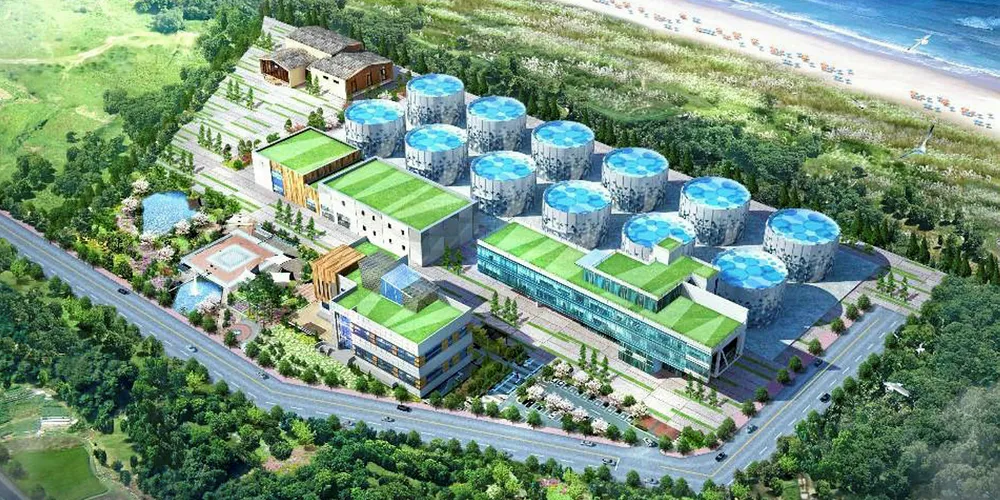Seafood giant Dongwon will invest $168 million into land-based salmon farm in South Korea
The company, whose subsidiaries include US tuna giant Starkist, will use technology acquired from its deal with Norway's Salmon Evolution earlier this year.

The company, whose subsidiaries include US tuna giant Starkist, will use technology acquired from its deal with Norway's Salmon Evolution earlier this year.
